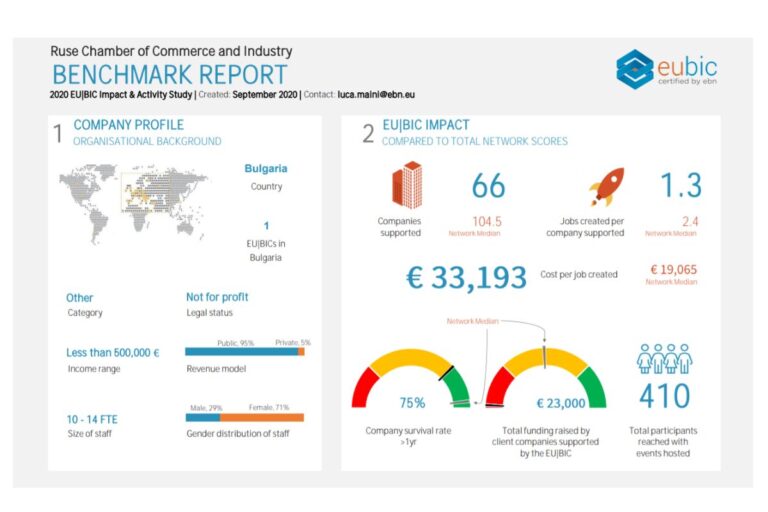Introduction of the euro in Bulgaria: A step towards European economic integration
On March 26, 2024, the Ministry of Finance of the Republic of Bulgaria started the public discussion of the bill for the introduction of the euro as the official currency in the country. This step is of key importance for the economic and currency integration of Bulgaria in the Eurozone, as it foresees serious changes for the economy, business and daily life of Bulgarian citizens.
The draft law is the result of the work of an interdepartmental working group, including representatives from various sectors, and is distinguished by its focus on the smooth introduction of the single European currency. This is a step towards achieving economic stability, facilitating cross-border transactions and integration into the wider European market.
Key aspects of the bill:
- Basic Principles: The bill outlines the principles, rules and procedures for the introduction of the euro, providing clarity for the transition process.
- Currency exchange: It is planned that the Bulgarian National Bank will exchange leva into euros free of charge and without restrictions, thus facilitating the adaptation period for citizens and businesses.
- Adaptation of interest rates and pricing: The bill lays down mechanisms to protect consumers and businesses from unwanted financial consequences related to the transition to the euro.
- Dual pricing: An obligation to display prices in BGN and EUR in parallel has been introduced to ensure transparency and help users get used to the new currency.
Impact and preparation:
The introduction of the euro is expected to bring significant benefits by facilitating business operations, reducing currency risk and helping the integration of Bulgaria into the European economy. However, the transition requires significant preparatory actions on the part of all economic entities, including adaptation of accounting systems, financial planning and internal operations.
Conclusion:
The process of introducing the euro is an important moment for Bulgaria, which opens up new opportunities for integration and development in the European economic space. The transition to a single currency requires attention and preparation on the part of all actors in the economy, while offering stability and improvement of international trade and investment.
The draft law on the introduction of the euro emphasizes Bulgaria's commitment to the European Economic Community and its standards. There are certainly challenges ahead, but also significant opportunities for growth and development in the new currency environment. Transparency and the inclusion of all interested parties in the discussion and preparation for the transition are key to the success of this important moment in the history of the Bulgarian economy.






